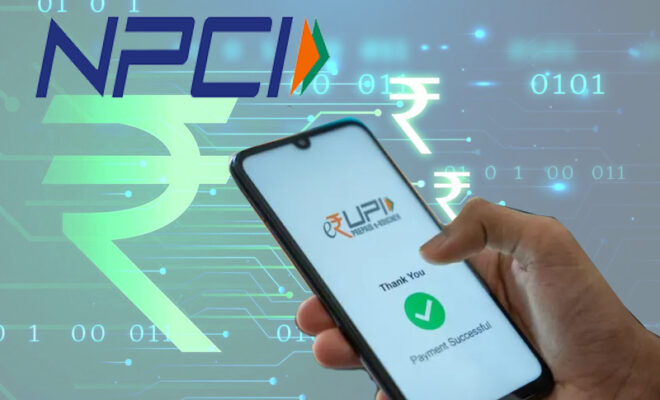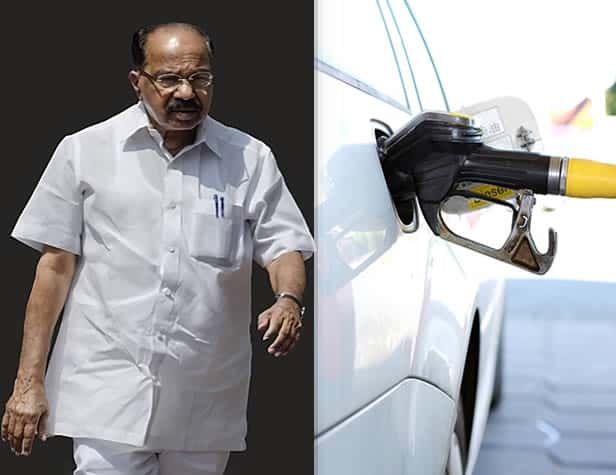NPCI Recommends PPI Fees For UPI Merchant Transactions

The NPCI has announced 1.1% transaction fee will be charged to UPI transactions over Rs 2,000 starting April 1, 2023 to increase revenue for banks & PSP,
The National Payments Corporation of India (NPCI) has proposed an interchange fee of up to 1.1%, with the goal of raising revenue for banks and payment service providers (PPIs).
In order to increase revenue for banks and payment service providers, which have been battling with the high cost of UPI transactions, the NPCI has recommended an interchange fee of up to 1.1%. By September 30, 2023, the interchange pricing will be revised.
In India, UPI is currently the most popular and widely utilized payment method for customers to immediately transfer money between bank accounts via their smartphones.
In contrast, PPIs are online wallets that let users save money and send payments. In India, PPIs like Paytm, PhonePe, and Google Pay are available.
An interchange fee is a cost incurred by one bank while executing a transaction with another bank.
The bank of the merchant (the person or business receiving the payment) pays the bank of the payer the interchange fee in the event of UPI transactions (the person making the payment).
Will consumers be charged for UPI transactions as a result of this? No, is the response. The bulk of NPCI’s new order won’t be felt by the users.
Only businesses that take payments using prepaid payment instruments (PPIs), such as mobile wallets, above Rs 2,000 would be subject to the new UPI transaction cost.
There are no additional fees for individual users using UPI for personal transactions.
The majority of UPI transactions now only involve minor sums.
The NPCI contends that by rewarding PPI companies for promoting UPI transactions for larger sums, the average transaction value of UPI transactions can rise and the overall cost of India’s payment systems can be brought down.
ALso Read:- India To Expand UPI To 3 More Countries After Singapore’s PayNow
The Council on Payments and Market Infrastructures and the World Bank both advocate an interchange cost of up to 1.15 percent for UPI transactions, and the NPCI claims that the suggested interchange fee is in line with their guidelines.
The Central Bank of India (RBI), which oversees India’s payment systems, will make the decision, which has not yet been made. The RBI has received the NPCI’s proposal, although it is unclear whether the RBI would accept the suggestion.
PPI providers and retailers may be significantly impacted if the recommendation is accepted.
The interchange fee may require PPI providers to revise their fee schedules, and retailers may pay more to accept UPI payments.
The NPCI is of the opinion that encouraging higher-value UPI transactions will be more advantageous in the long run than it will be in the short run.
Also Read:- India’s UPI And Singapore’s PayNow Integration Launch



